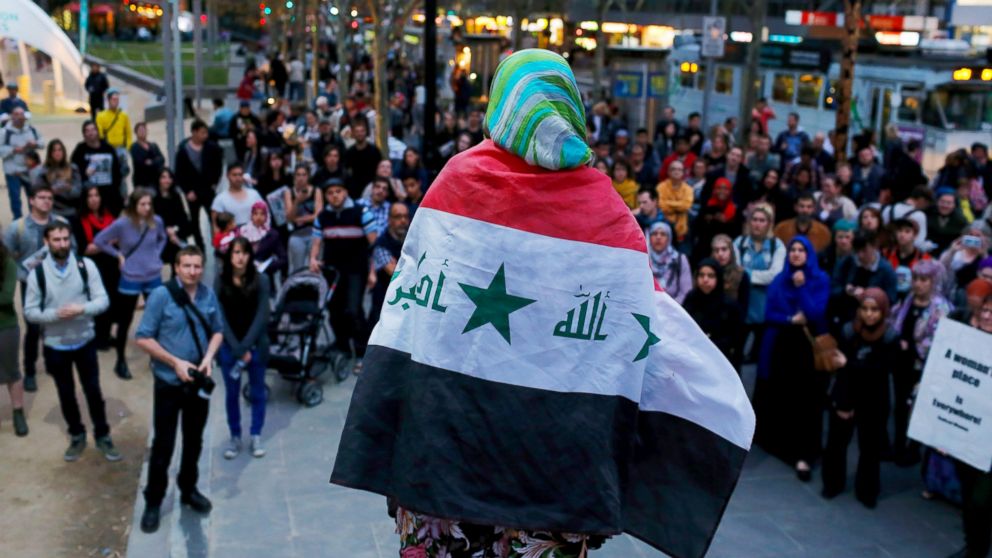#MuslimApologies on Twitter Respond to Stereotypes
Frustrated by racism, young Muslims take to the internet

— -- As terrorist groups like ISIS grew in notoriety over the past few weeks with acts of violence, Muslims worldwide took to Twitter and other social media to remind the world that ISIS did not represent them or their religion.
But now many young Muslims, tired of having to defend themselves and their religion whenever violence flares up in the Middle East, have begun venting their frustrations online with the hashtag “#MuslimApologies.”
The Twitter campaign combines references to Muslim civilization's contributions to philosophy and science with absurdist jokes meant to highlight the frustration felt by many young Muslims at having to prove, again and again, that Islamist groups do not speak for them. All labeled, of course, with the tongue-in-cheek hashtag “#MuslimApologies.”
Hamdan Azhar, founder of the Muslim Writers Collective, told ABC News that this campaign was a great way for Muslims to speak out. “The imperative is on us as young Muslims to go from a position of apology to one of positivity,” he said. “We should be able to say, ‘This is who we are. These are our contributions.’”
“It’s offensive that 13 years [after 9/11] we’re still asked to explain ourselves or say sorry for things other people are doing,” he said.
#MuslimApologies is not the first hashtag Internet-savvy Muslims have used to speak out against stereotyping and Islamophobia. Earlier this month, a British organization led the “#NotInMyName” campaign, designed to counter ISIS’ messages. “Let your voice be heard rejecting the ideology of hate,” the campaign’s website reads. “Tell ISIS that they can’t murder in your name.”
But many young Muslims online pointed out that it was an unfair for them to have to constantly prove that extremist groups like ISIS or al Qaeda did not represent them. The sarcastic “#MuslimApologies” hashtag campaign grew out of that frustration.
“I think it’s really incredible,” Haris Durrani, a former board member of Columbia University’s Muslim Students Association, told ABC News. “It’s honestly funny. You can point to a lot of different things and say that that negative stereotype of Muslims is wrong.”
Durrani is a co-founder, with classmate Mirzya Syed, of “The Muslim Protagonist,” an annual conference discussing the portrayal of Muslim characters and figures in fiction, film and the media. “You see the power of social media to create change, and this is an agent of social change,” he said.
See more #MuslimApologies below:




